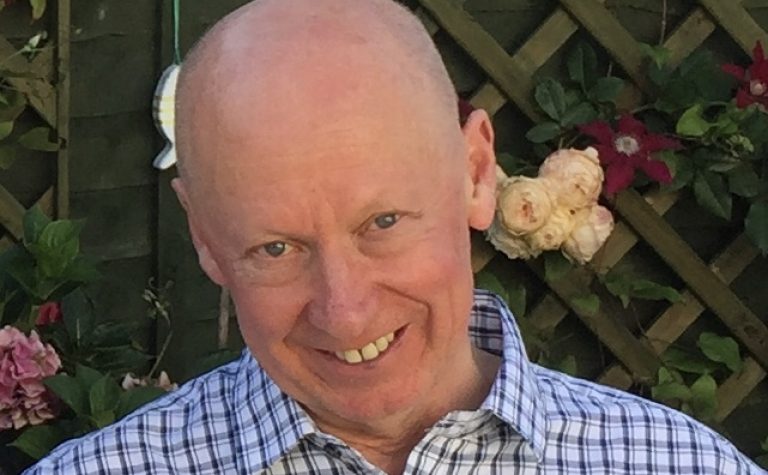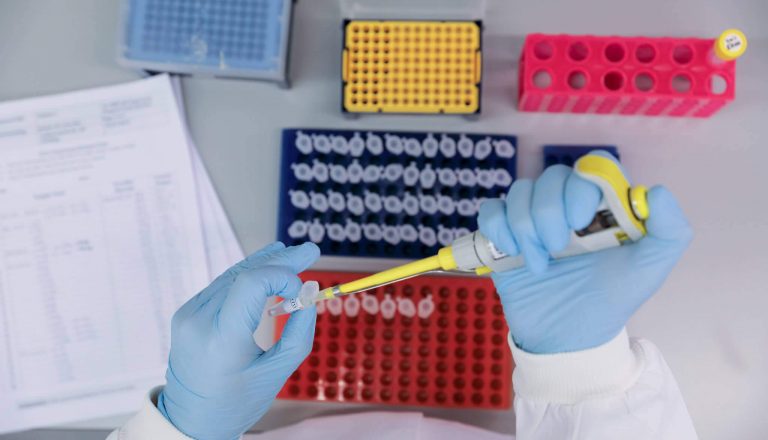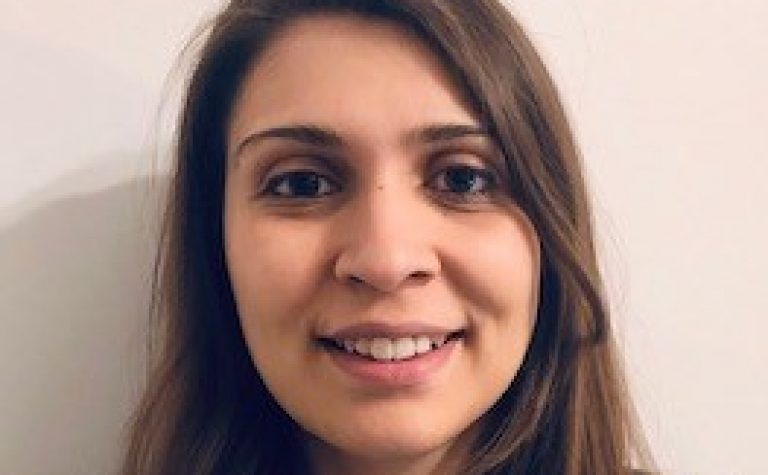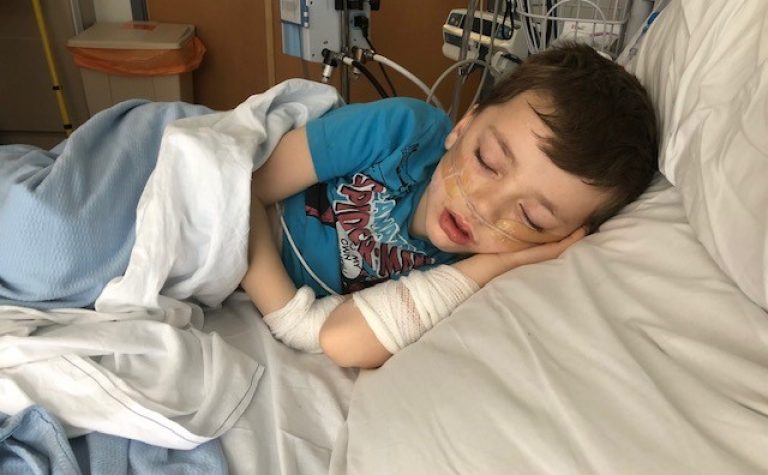About the Research Team
Prof. Mike Hawkins, based at the University of Birmingham, played a fundamental role in establishing the BCCSS and TYACSS cohorts. Prof. Hawkins will be working with a skilled team of experts to deliver this research. This includes Dr Raoul Reulen, a Senior Lecturer who led two landmark publications on long term health risks faced by children, teenagers and young adults who survive cancer. Dr Reulen will lead on much of the statistical analysis and record linkage. Dr Peter Hall, based at the University of Edinburgh, is a Reader in Health Economics and Cancer Informatics and a practising Medical Oncologist. Dr Hall leads the University of Edinburgh Health Economics Research Group and has an outstanding record of publications in health economics and cancer survivorship. He will lead on the economic analyses and the record linkages in Scotland. Dr Emanuela Molinari, based at NHS Greater Glasgow and Clyde, is a practising neurologist in neuro-oncology and will be providing invaluable insights on the long-term clinical implications of cancer survival and cancer treatment.



